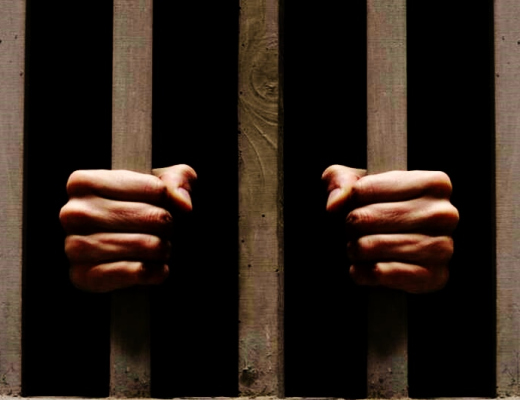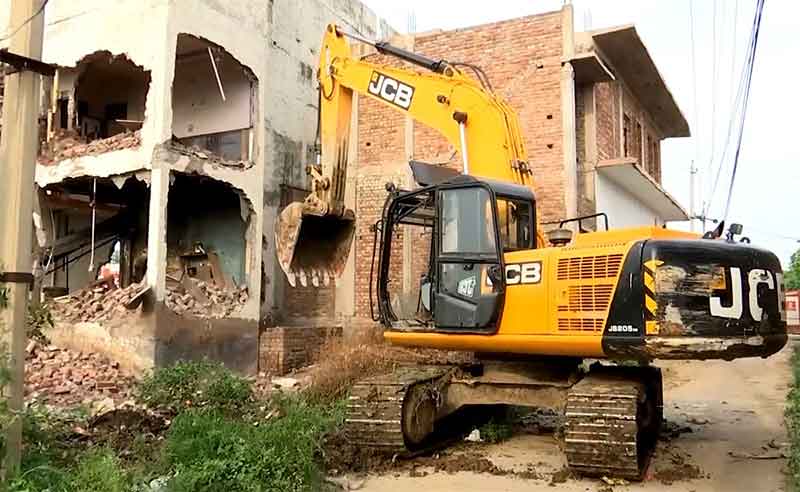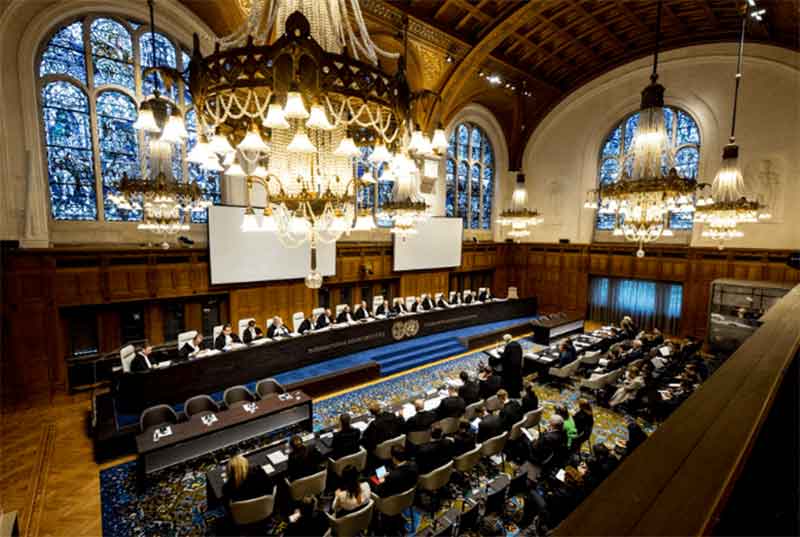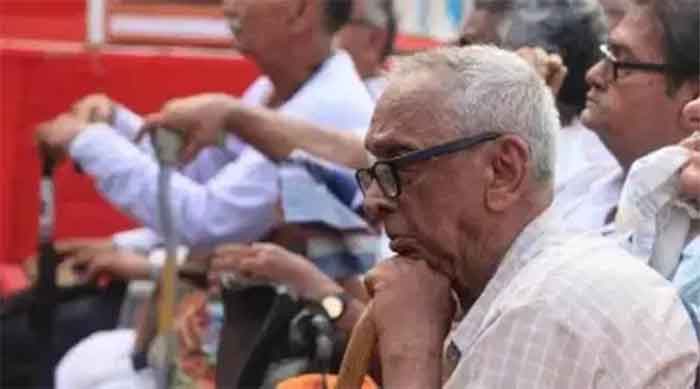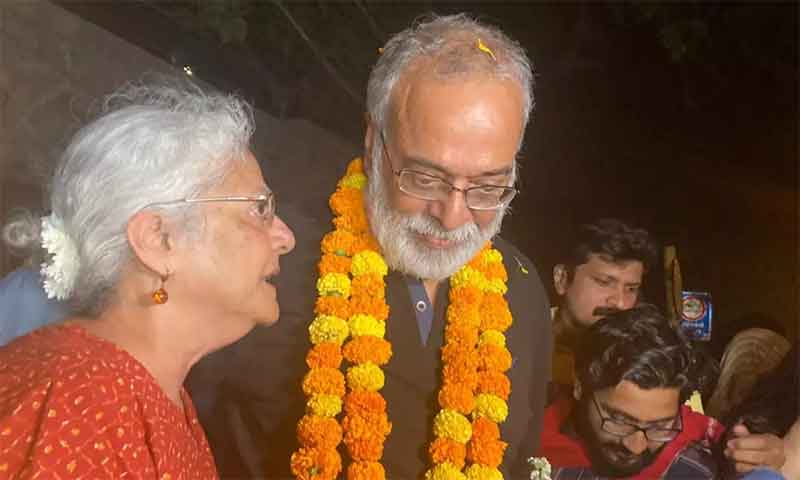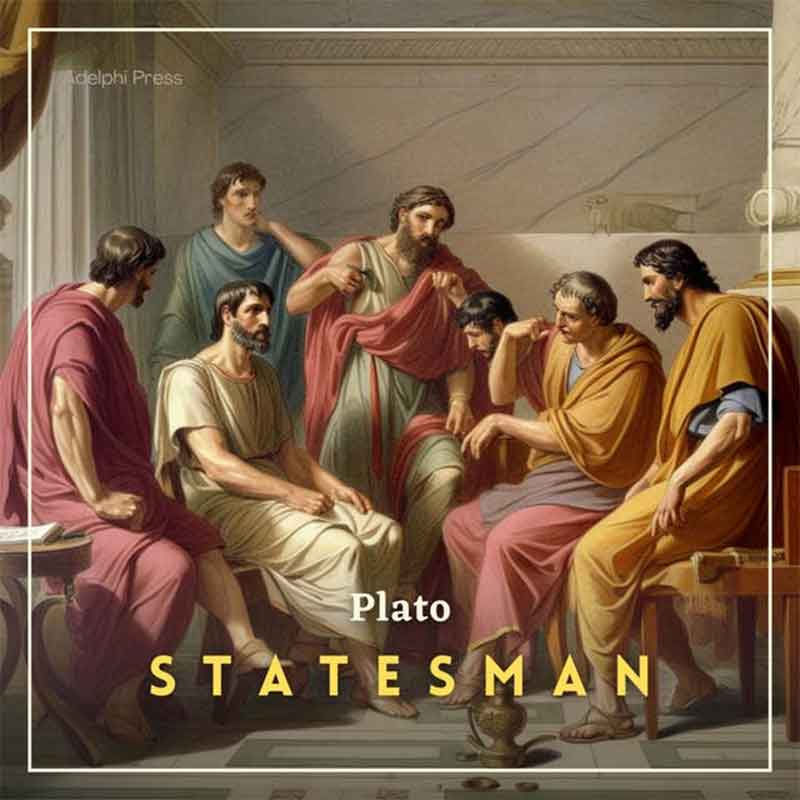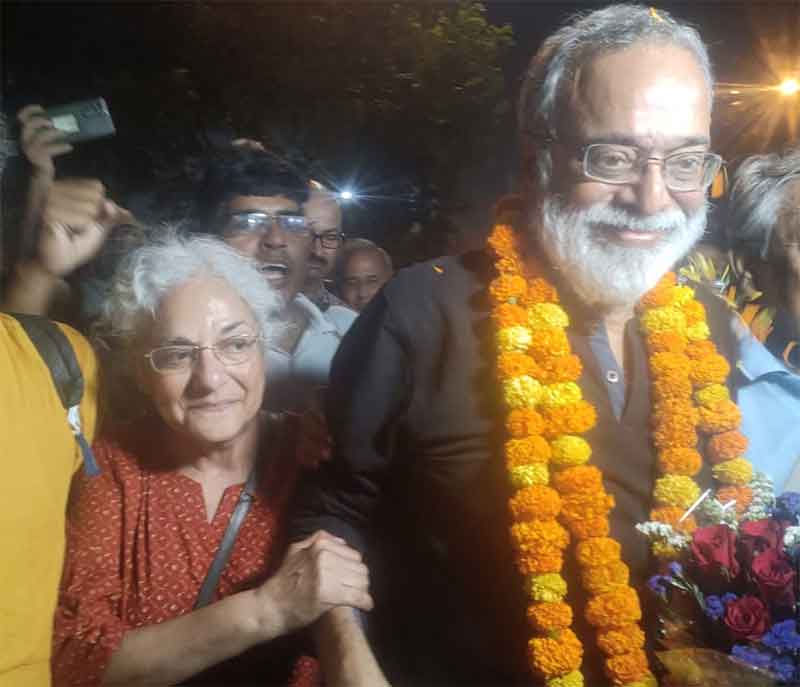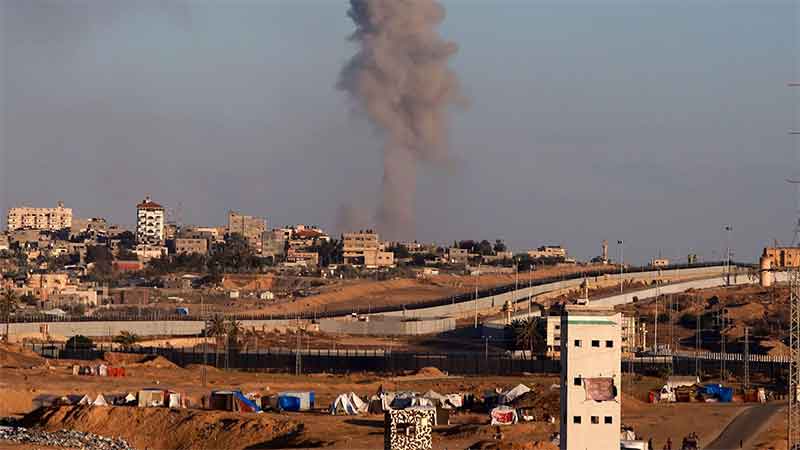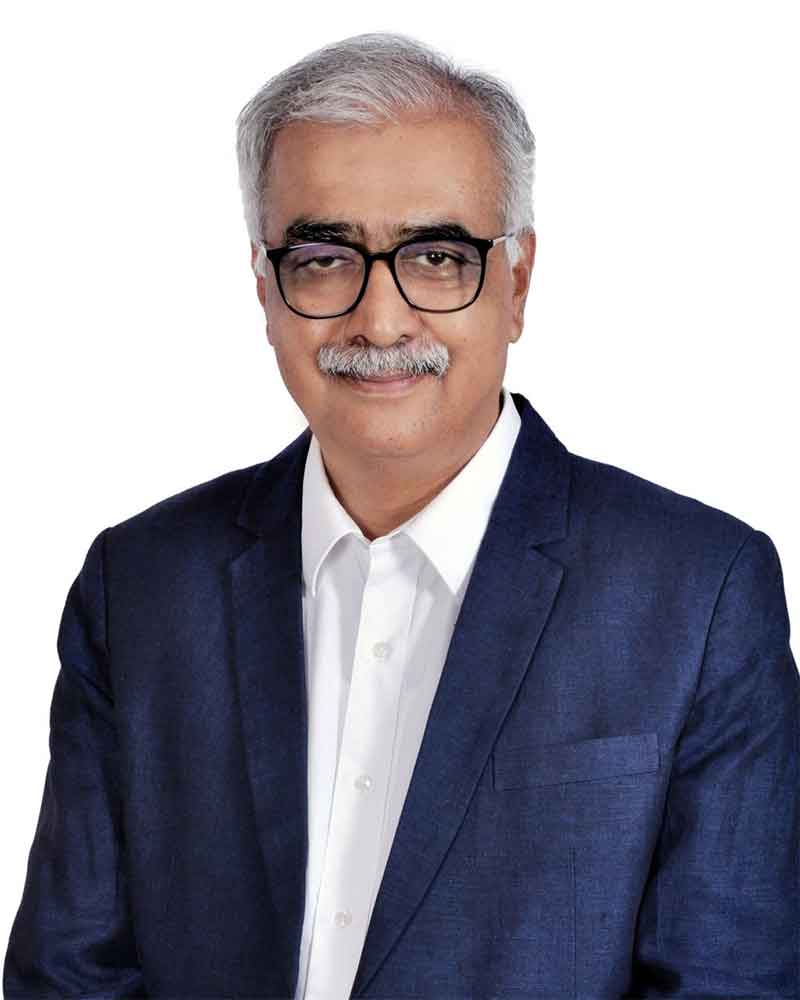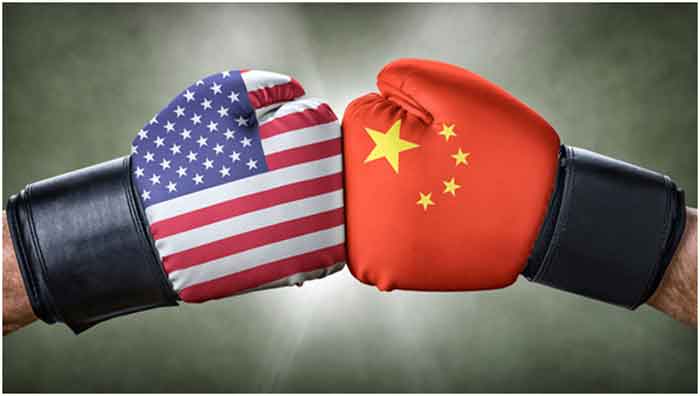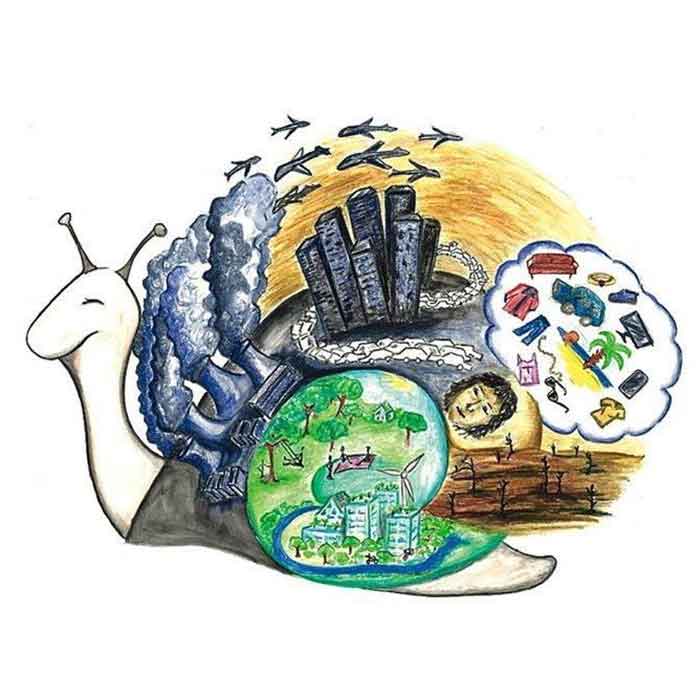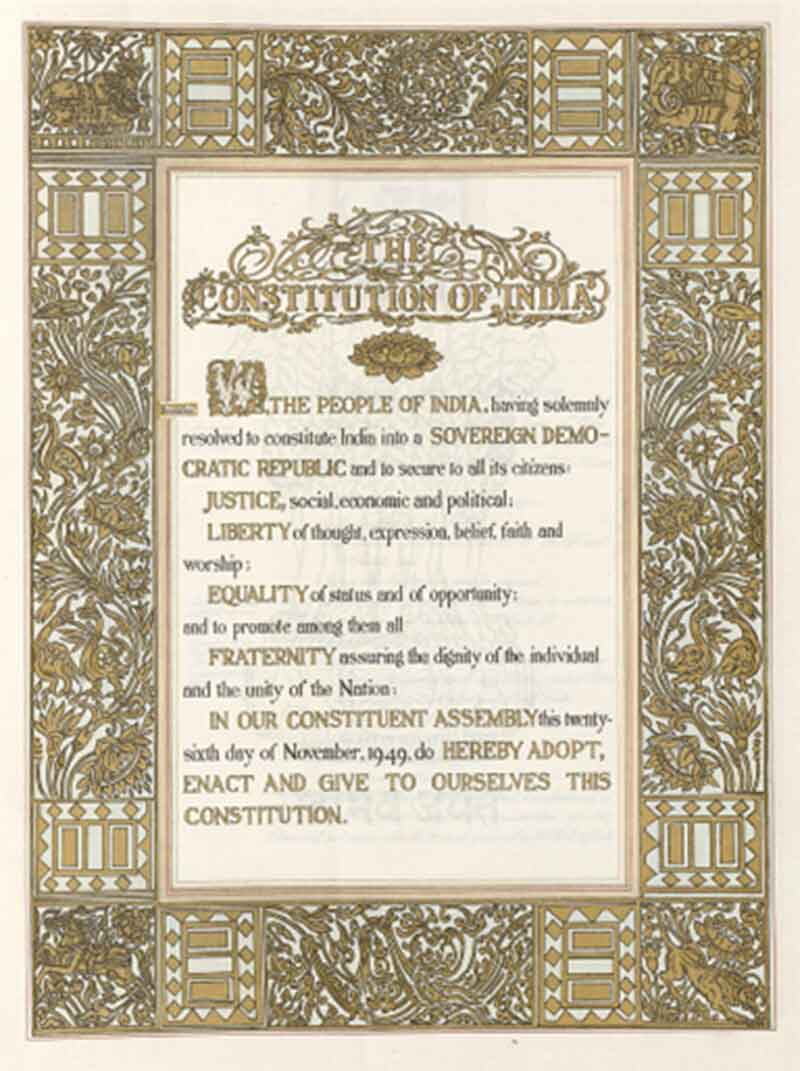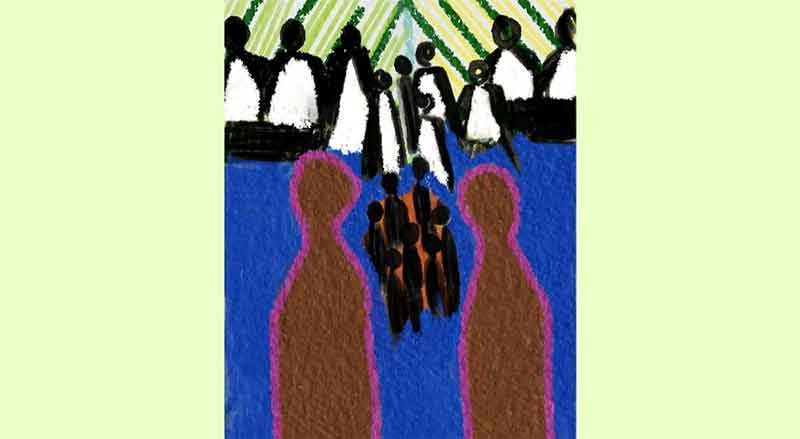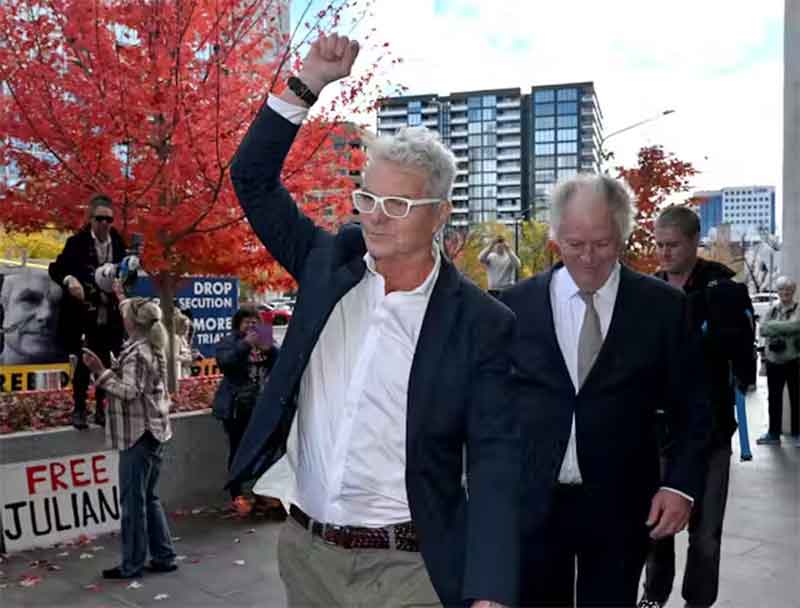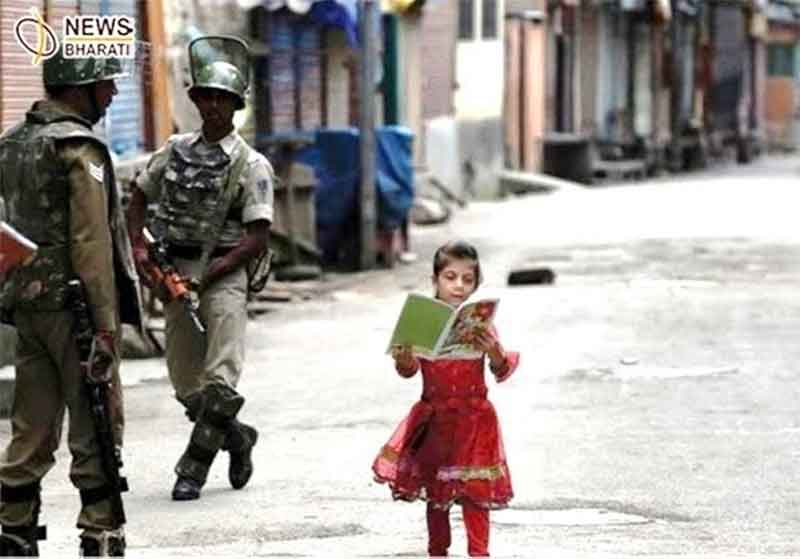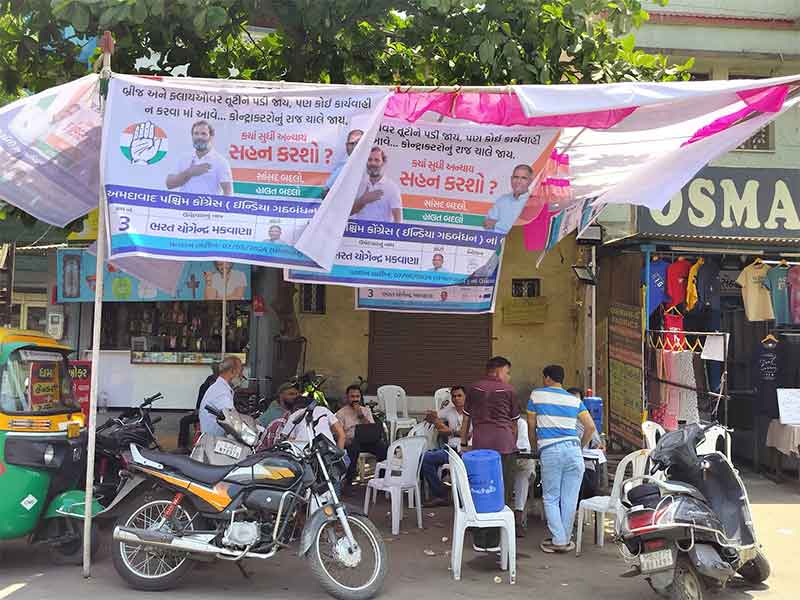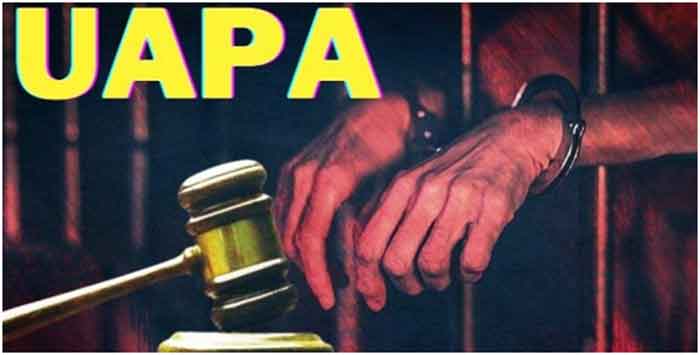
In the post world war era, when the first wave of decolonisation happened and many countries were given their independence, India was the most prominent of those let go. Most prominent in the sense that India was considered the crown jewel of the British empire and the British King was separately designated too as the emperor of India. India’s independence was also unique because the independence struggle was fuelled by non violent activism. Mahatma Gandhi, the key face of the independence movement went on to inspire others in India and abroad. Some key Indian names that come to mind readily are those of Vinoba Bhave, Jayaprakash Narain and Sunderlal Bahuguna and possibly Medha Patkar. Of course there are a lot more whose names are not here because they were possibly local voices whose names did not make it to the national headlines.
But the many arrests under draconian laws of numerous non violent activists in the last two decades with unproven and sometimes court dismissed allegations of links to anarchist forces – terrorists , Maoists, underground elements – the nomenclature may vary has been sounding a death kneel to non violent dissent. In that sense , not much has changed since independence. Many of those arrested have been incarcerated under British enacted sedition laws under which freedom fighters were imprisoned. On 15th August we celebrate independence day. On that day the curtains fell on the era of freedom fighters but their legacy remains untarnished in ways they may not have wished. The succeeding generations of dissenters in the Satyagraha tradition are still arrested and under the same laws.
It is tempting to trace this course of events to a particular ideology or government but one must not do so. Recently we paid our respectts to the late Fr Stan Swamy who was arrested under the Unlawful Activities Prevention Act ( UAPA). One must remember that the law was first enacted in 1967 and amended in 2008. One of the earliest arrests under the amended Act was in West Bengal happened in 2009 when the erstwhile Left Front government was in power in West Bengal , supposedly a progressive government. Dr Binayak Sen was arrested in Chattisgarh in 2007 and Medha Patkar who has been arrested many times was first picked up in 1994.Sunder Lal Bahuguna was arrested in 1991.
It can be said that the suppression of dissent and I am not talking here of non violent dissent by political ideology of many different varieties began not too far after independence and even the rule of the undoubtably statesmanlike Prime Minister Nehru. In a speech in parliament, Nehru had criticised the 1870 enacted sedition law calling it objectionable and obnoxious but did nothing to repeal the Section 124A of the Indian Penal Code which encapsulates this obnoxious provision. At a time when parliament was filled with freedom fighters and the memory of Bal Gangadhar Tilak , Gandhiji and of course “ The Last Emperor” Bahadur Shah Zafar though the sedition provisions did not formally exist at the time of his trial, the repeal would have been in all probability been an easy passage. This when the same Nehru thought nothing of amending the constitution by bringing in the 1st amendment in 1951, less than a year after the document was brought into force.
Possibly in Asia even whether disguised as Sankar or parampara or infused with Confucian ethics, the state is the ultimate mai baap or pater familias who has vested itself with the right to decide what its citizens should think and how they should conduct themselves. Lee Kuan Yew the founding father of Singapore had pithily remarked that with a few exceptions, democracy has not brought good government to developing countries. Though he created in Singapore the sub culture of a democracy, his thinking and Singapore’s own ethos derived from his beliefs is less hypocritical than those who supposedly believe wholeheartedly in the Westminster style liberal parliamentary democracy.
Democracy or dictatorship , dissent is always under threat. In the last decade or so , although the suppression of dissent and its severity has gained a lot more visibility and optics, the reason for this could be that academics and intellectuals and other creative minds have been more frequently targeted rather than the anonymous political activist whose voices never got amplified. Make no mistake, the state – no matter who is at the helm wants and likes conformity and dissent is distasteful. Democratic rulers in fact have the additional advantage of being able to seek shelter under the fig leaf of elections – that they were elected by the people and whatever they are doing and whatever policies they are following have the endorsement and imprimatur of the people and to oppose those policies is to go against the peoples’ will. Make no mistake – dissent and dissenters ; they are destined for doom.
Dr Shantanu Dutta , A former Air Force doctor is now serving in the NGO sector for many decades.

